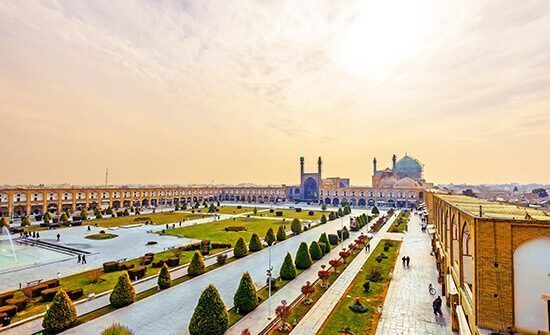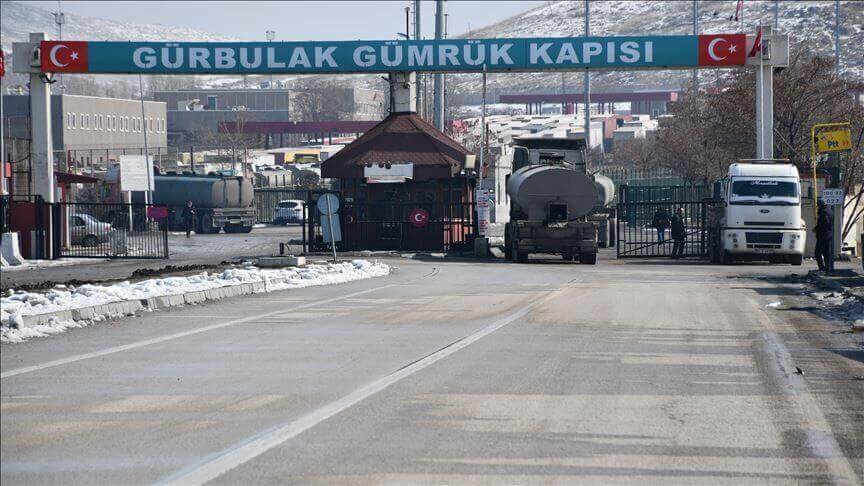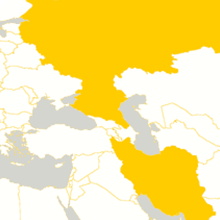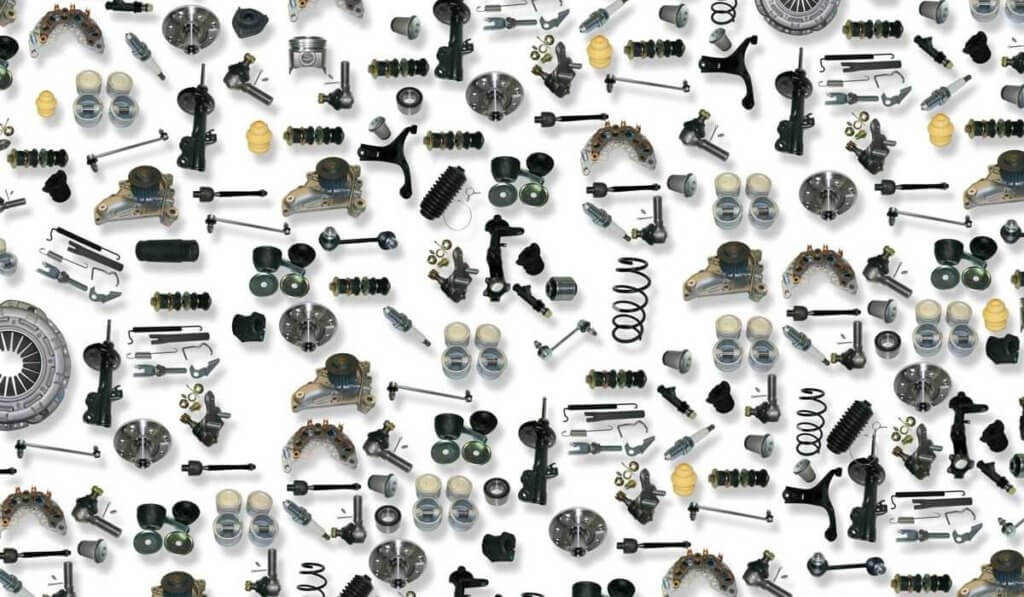
»Not everything is free! Even after Implementation Day, not all exports to, nor business with Iran are allowed. Rather, the Iran sanctions maintain a graduated system of prohibited operations and transactions that are further subject to licensing and permits. Despite a considerable easing of tensions and lifting of much of the sanctions, professional export control is still as essential as ever!«
Andreas Gfrerer, CEO Condor Salzburg, Austria
Political thaw: New opportunities in Iran
A large part of the sanctions against Iran have been lifted.
The UN, the EU, and the US have lifted most of the sanctions against Iran. Austria’s export industry has reacted positively: In order to become competitive and catch up in terms of investments Iran will need diverse goods from the West. This fact opens up new possibilities for companies from Austria to establish trade relations with Iran or create subsidiaries there. “Anyone making new business deals in Iran right now is securing their edge in a very exciting market,” says Andreas Gfrerer, CEO of Condor Transport and Middle East expert. In a few years all sanctions should be completely lifted. The first phase in loosening the sanctions occurred in early 2016 and has facilitated exports crucial to Iran. Monetary transactions as well as transports, though, are still quite complicated. Embargo regulations are still in place which are closely monitored by European customs and violations against them lead to significant penalties. In order to ensure smooth transports to Iran, proper preparation and documentation as well as a functioning export control are critical to success. According to the Vienna Agreement, which regulates the gradual lifting of sanctions, the following restrictions still remain:
- List of persons/financial sanctions
- Certain metals
- Certain goods, listed in Appendix II of Regulation 2015/1861
- Certain dual-use goods (permit requirement for such goods is still necessary!!)
- Military equipment
- Software for industrial processes
- Devices that can be used for internal repression (e.g. torture)
- Interception equipment
These should be lifted in 8 years at the latest and be replaced by general licensing requirements.
 Deutsch
Deutsch  English
English  Français
Français  Русский
Русский 


